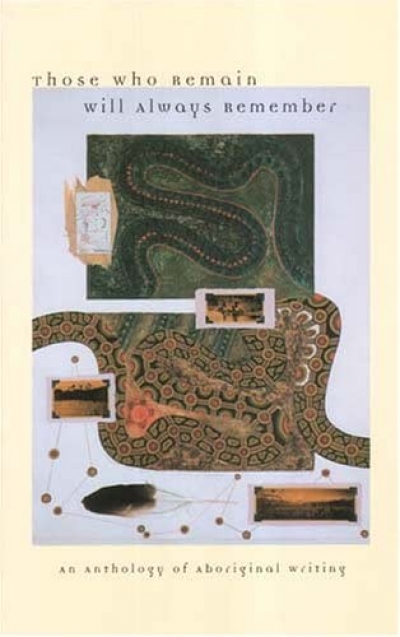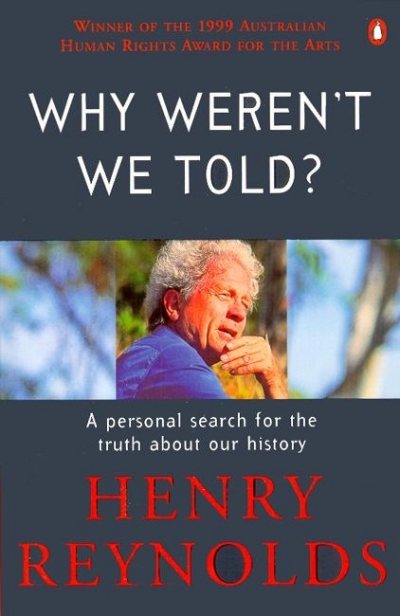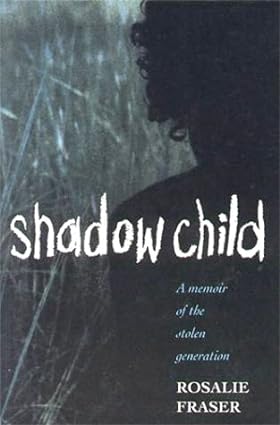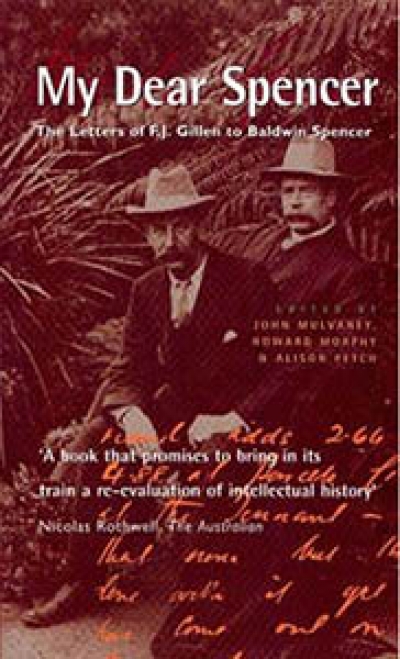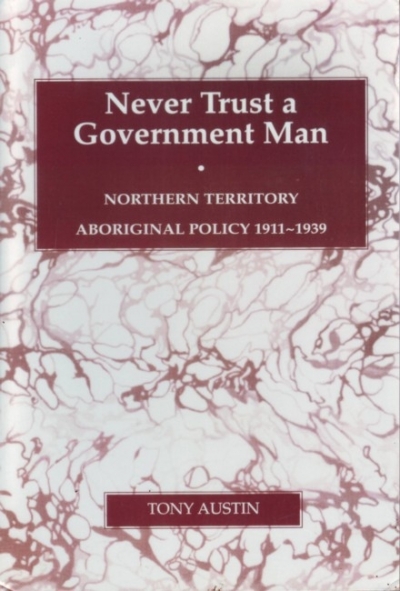Indigenous Studies
Querulous impatience has overtaken discussion of Aboriginal matters in some quarters. ‘If we apologise, they must forgive and then assimilate. Invite them to discussions about how to ameliorate their misery – the disintegration of community, the alcoholism, the glue sniffing. But they mustn’t talk “ideology”. We’ve had enough brooding over the past, heard enough about treaties and self-determination, and more than enough about genocide. It’s time to move on.’ That’s what I hear and in that tone.
... (read more)Those Who Remain Will Always Remember: An anthology of Aboriginal writing edited by Anne Brewster, Angeline O’Neill and Rosemary van den Berg
Those Who Remain Will Always Remember is a fitting successor to Paperbark, the Muecke, Davis, Shoemaker, Mudrooroo anthology of a decade earlier. Though it is a regional publication, restricted to Aboriginal authors from Western Australia, it follows the same catholic principles of inclusion that made Paperbark a book of its time. Its editors Anne Brewster, Angeline O’Neill, and Rosemary van den Berg provide a kaleidoscopic image of Western Australian Aboriginal life in assembling writings which include critical essays, cultural-political statements, prose fiction, life histories, personal testimony, interviews, and poetry. Importantly, these disparate genres leave the reader with a sense of the editors’ unity of vision rather than ad hoc opportunism.
... (read more)Why Weren’t We Told?: A Personal Search For The Truth About Our History by Henry Reynolds
In November 1998, the Governor General, Sir William Deane, found himself in the centre of a storm over the commemoration of Australia’s Aboriginal dead. Launching historian Ken Inglis’s Sacred Places: War Memorials in the Australian Landscape, Sir William remarked that in a country of more than 4,000 memorials there were none, at least of an official kind, to the Aborigines who had been slaughtered in the ‘Black Wars’ of the colonial period.
... (read more)Rosalie Fraser, a two-year-old Aboriginal child, is taken from her family by Child Welfare authorities and fostered with a distant relation of her non-Aboriginal father. She suffers years of abuse at the hands of her foster mother. Occasionally she runs away but her foster mother is always able to charm her into returning. She finally leaves for good when she meets a young man named Stan whom she later marries. In her mid-twenties a gynaecological operation which becomes unexpectedly complicated and painful causes flashbacks of the abuse she endured as a child and she realises she has to confront her past. She writes Shadow Child and in conclusion recommends writing as a therapy for anyone ‘who has problems to come to terms with’.
... (read more)My Dear Spencer: The letters of F. J. Gillen to Baldwin Spencer edited by John Mulvaney, Howard Morphy, and Alison Petch
When Baldwin Spencer, the eminent Professor of Biology at Melbourne University, arrived in Alice Springs in 1894 as a member of the Horn party, the first scientific expedition to Central Australia, he knew very little anthropology. Edward Stirling, South Australia’s Museum Director who would write their chapter on anthropology, was not much better off. The man who was in the know was the man on the ground: Frank Gillen, the local Telegraph Officer, Magistrate, and sub-Protector of Aborigines. A genial, curious, open-minded fellow of Irish Catholic faith, Gillen had been in the region for nearly twenty years.
... (read more)Never Trust a Government Man by Tony Austin & The Way We Civilise by Rosalind Kidd
Tony Austin and Rosalind Kidd are nonindigenous Australian scholars whose special contribution to the history of black-white relations in this country is to have researched the policy detail, culture, and interpersonal intricacies of the white bureaucracy that dealt with Aboriginal affairs in a large part of northern Australia. As each of them documents over and over again, the white males who exercised government power over indigenous Australians went to great lengths to avoid consulting those they governed or to include them in the decision-making process. The present books therefore do not claim to represent an Aboriginal point of view; their object of study is white policy and malpractice. Never Trust a Government Man and The Way We Civilise are each the outcome of archival research using government departmental documents, beginning at roughly the same period – from the time early this century – that a newly created Australian Federal Government first began to face its responsibilities towards indigenous people.
... (read more)Emerarra: A Man of Merarra by Morndi Munro/Mary Anne Jebb
Merarra is the local name for the land near Walcott Inlet in the far north-west region of Western Australia where saltwater meets freshwater, coastland meets inland. And the ‘man from Merarra’ was the last ‘full’ speaker of the local, Unggumi language, a senior lawman and famous Kimberley stockman called Billy Munro, or, in his native tongue, Morndi.
... (read more)The 1967 Referendum, or When the Aborigines Didn’t Get the Vote by Bain Attwood and Andrew Markus with Dale Edwards and Kath Schilling
This eccentric, laborious book is designed to correct what most of us think about the 1967 Referendum. The popular belief – the authors call it a myth – is that the Australian people then voted to acknowledge citizenship by giving Aborigines the vote, and that this was a Commonwealth thrust towards, crucial, deeper involvement in Aboriginal affairs.
... (read more)Adam Shoemaker reviews 'In the Age of Mabo: History, Aborigines and Australia' edited by Bain Attwood
Some of Australia’s most cogent historical analyses grow out of particular social moments: the close of World War II, the accession (and dismissal) of the Whitlam government, the bicentennial celebrations and protests of 1988. The High Court’s Mabo decision of June 1992 is just such a moment and it is no surprise to find another book which focuses on the aftermath of that landmark decision. Interestingly, In the Age of Mabo is also just as strongly the product of a certain time and political space: the 1991–96 prime ministership of Paul Keating. It is this framework which gives this varied collection of essays its sense of historical occasion; it is also this political underpinning which renders at least one of the contributions nearly obsolete.
... (read more)At Home in the World by Michael Jackson & The Survival Dreaming by Peter McCloy
Terry Southern once wrote a short story about a black jazz musician cultivated by a white jazz fan. After evaluating the fan’s motives the jazz man cuts him loose as someone with an unfocused but suspect desire for the exotic other.
... (read more)

